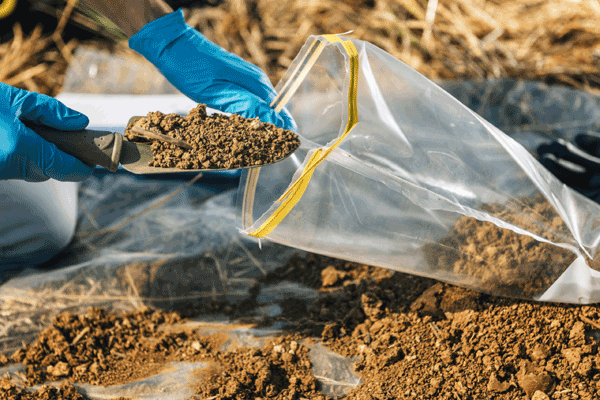
ABOUT COMPANY
JMC Technologies
Testing is the process of evaluating something to determine its performance, functionality, accuracy, or quality. It involves conducting experiments, examinations, or assessments to gather information and ensure that something meets specific standards or expectations.
The goal of testing is to gather data, identify issues, validate outcomes, and make informed decisions based on the results.




